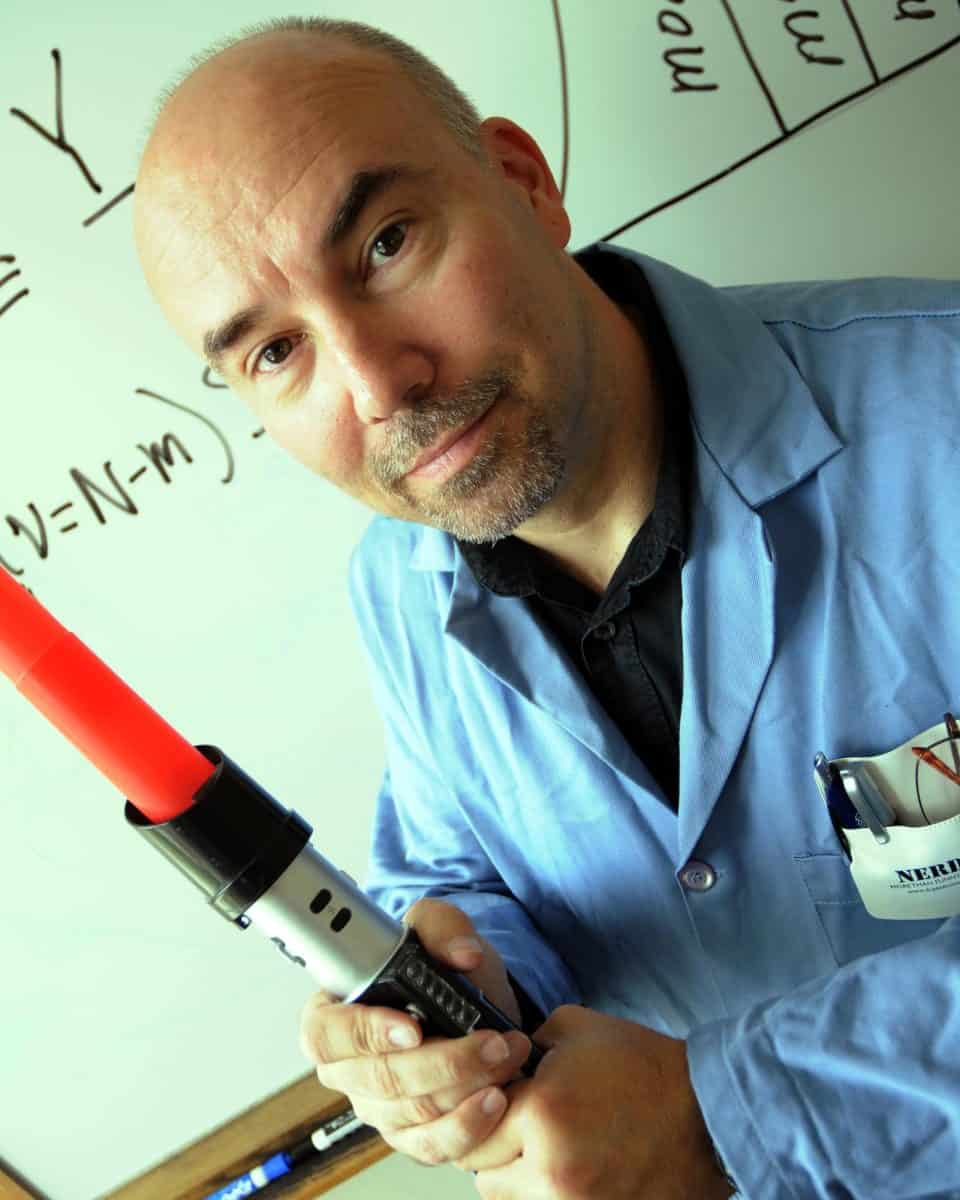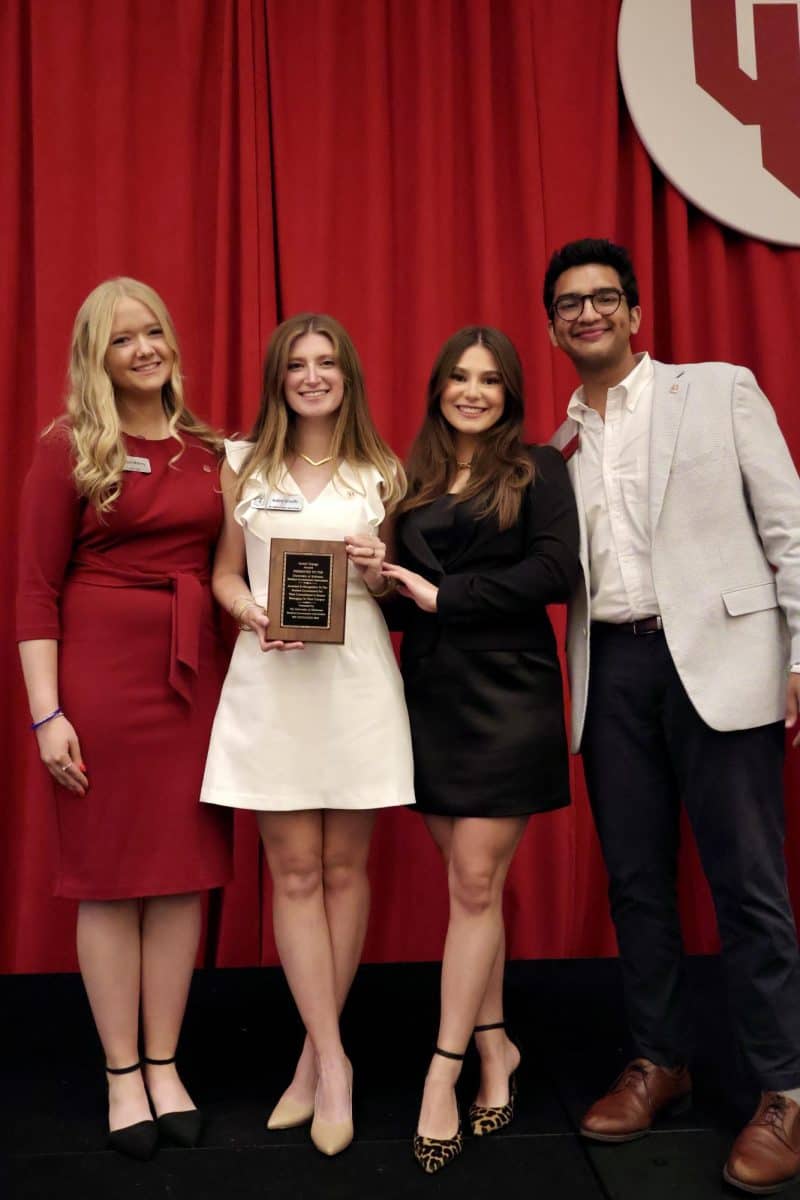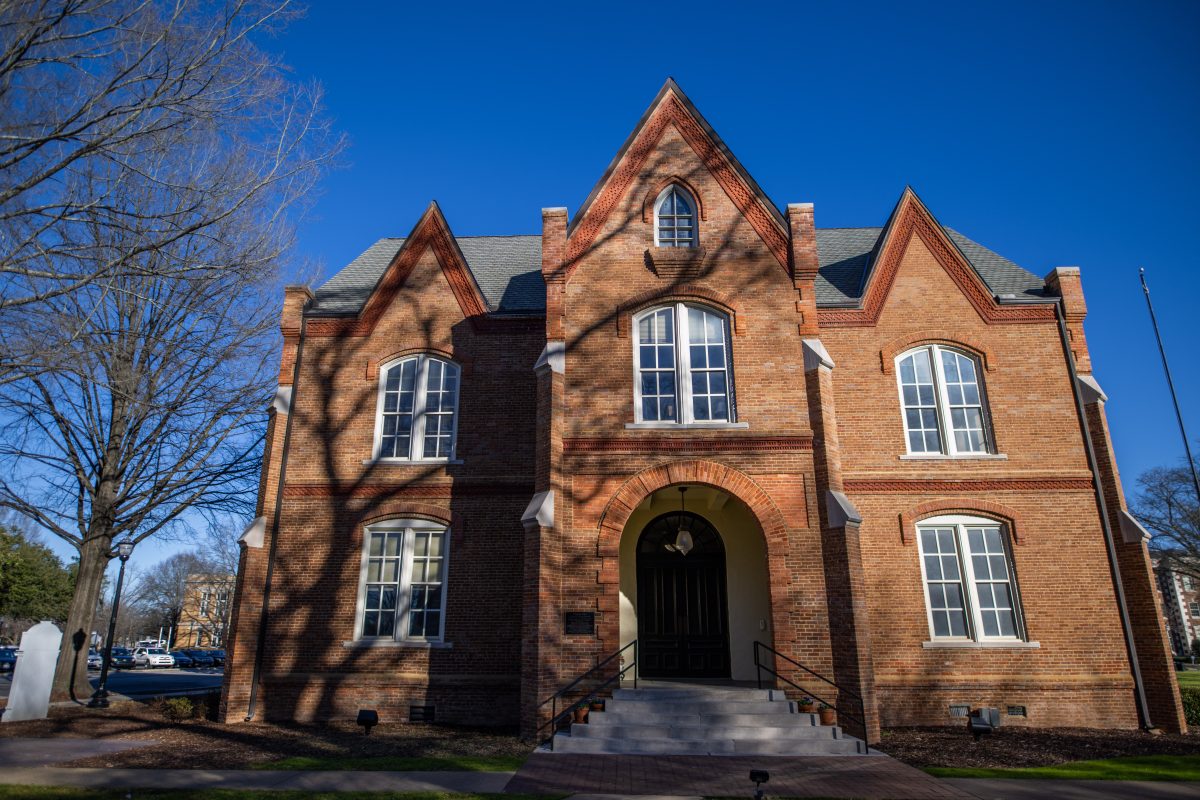Pete Ludovice, a chemical and biological engineering professor and recent addition to The University of Alabama’s faculty, is exploring ways to use humor to solve engineering problems.
Ludovice, who describes himself as an engineering professor by day and stand-up comedian by night, believes that traditional brainstorming can lead to repetitive lines of thought. His work studies how humor can be the catalyst for innovative solutions to engineering problems, as well as how it can impact the teaching process.
“Humor and new ideas have the same structure,” Ludovice said. “They both involve taking two things that have nothing to do with each other and putting them together and seeing that well, maybe on some level, they do.”
The example he gives is of a chemical reaction between lead oxide and sulfuric acid to create a paste for car batteries. The traditional method could not be scaled up without the reactor getting clogged up with the paste.
A little bathroom humor led to a creative solution. He remembered a line from the 2007 movie “The Bucket List”: “At my age, you should never trust a fart.”
“Why don’t you trust the fart when you’re old?” Ludovice said. “Because the fart should be in the gaseous phase, but if it’s liquid or solid or some mixture, that’s a bad thing.”
This made him think about the phase of the sulfuric acid in the reaction. It could be gaseous like a fart, allowing the sulfuric acid to mix with the lead oxide without gumming up the reactor. A sophomoric joke led to an innovation.
Of course, there are some drawbacks to this approach. Not every funny idea produces a useful solution; it can take many iterations to develop a single good idea.
Hunter Enders, an undergraduate student working with Ludovice, said the approach features a lot of minds coming together.
Enders and Ludovice are seeing if artificial intelligence can be used to make this process faster and easier by using AI tools like ChatGPT as an alternative to group improv sessions.
“We want to expand this to where maybe one or two people at home or in their apartment or whatever can do this,” Enders said.
However, artificial intelligence comes with its own limitations, especially with current technology.
“I don’t think AI is ever going to replace humans, but I think AI is going to help augment what we do,” Ludovice said. “It won’t come up with a great idea, but it will come up with a weird connection that you might use for the next idea.”
Ludovice’s humor-based approach to problem-solving does not yield success every time, but that does not bother him.
“If you’re afraid to make mistakes, you’re not going to do anything new and interesting,” Ludovice said.
Students interested in Ludovice’s stand-up comedy or his research can reach out to him at [email protected].







